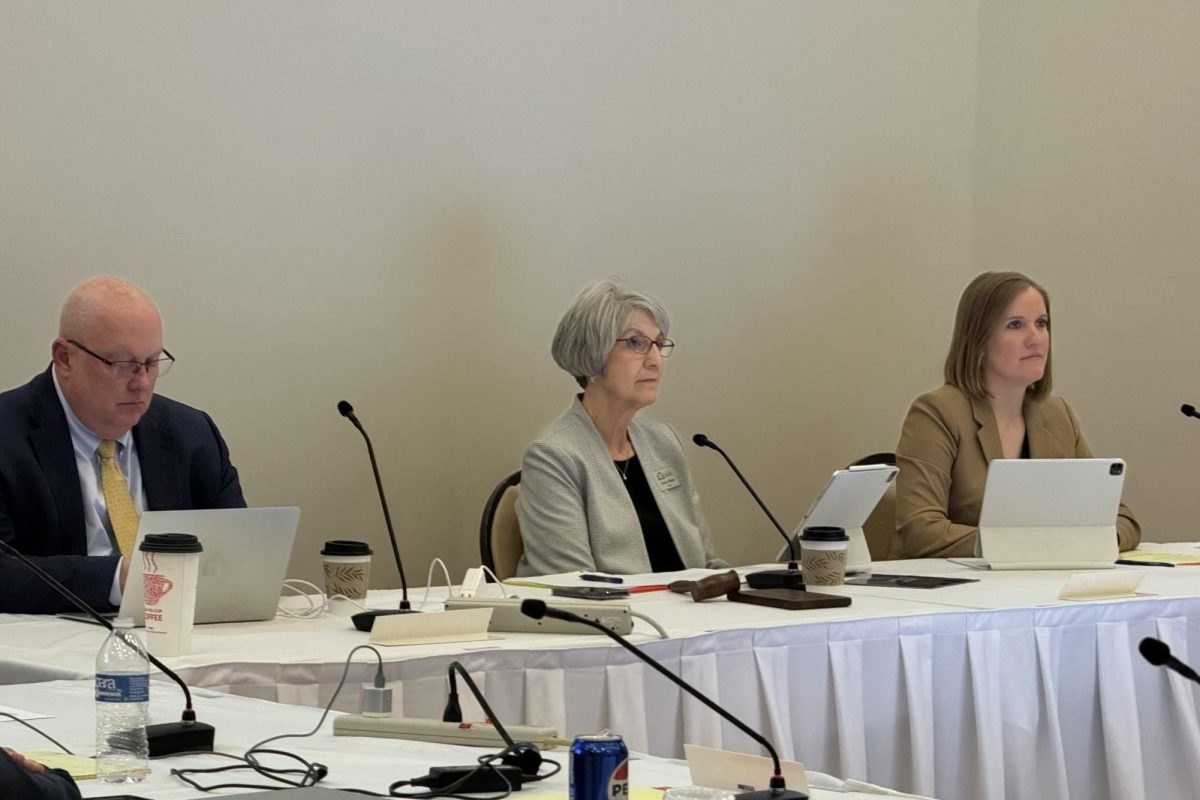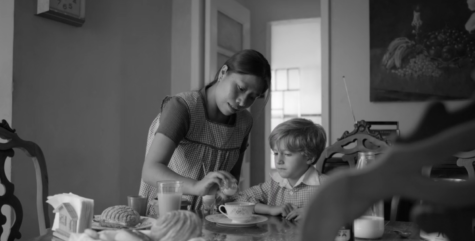Cyclone Rewind: The Blacklist
October 31, 2014
Television is over-saturated with crime dramas, but this one is different. Usually, only the established shows are at the top of the charts. You know, the proven programs: “Law and Order”, “NCIS”, “Person of Interest”…while the rest of the crime dramas battle just to round out the top five. Not “The Blacklist.” It quickly moved itself in as an annual patron of the top five, leaving the rest to scrounge for only one remaining spot.
“The Blacklist” is instantly engaging. Everything captures your attention: the unique storyline, the acting; even the simultaneous global and local proximity to your life.
One of the reasons for its success is the steady, yet ever-changing plotline. A former government agent turned international criminal, Raymond ‘Red’ Reddington (James Spader), gives himself up to the FBI. He offers them a list of underground criminals that are ten times as dangerous as those on the most-wanted list, but with one exception: he only speaks with Elizabeth Keen (Megan Boone), a brand new agent with experience in profiling.
Why Red has given himself up, why he has an interest in Keen and what larger scheme he has planned is the steady plot. The fluid plot is the actual blacklist. Each episode profiles a different criminal, and we are given a taste of many different criminally insane psyches. Both plots keep us engaged and intrigued. We find ourselves anticipating the next episode week after week.
Yet, even with the interesting story, The Blacklist would not be the same without the incredible acting that it contains. The lead is played by James Spader, who was formerly a lead character on Boston Legal. His character then had a process of using unethical and unusual means of obtaining an ethical result. He was often sarcastic and undeterred because of this mindset. Spader uses many of the same quirks he did as Alan on Boston Legal as he does to play Red now. He is sarcastic and determined in his manner, and uses unethical means to accomplish his seemingly ethical goals, which is getting rid of other high-profile criminals.
The other lead character, Elizabeth Keen, is played by Megan Boone. This is Boone’s first major role, and she does it well. She provides Keen with a very intrinsic and meticulous attitude. Keen profiles everyone, including herself, lending to an internal struggle as to who she is and why she was chosen by a criminal she doesn’t know. Boone gives a realness to Keen that might not be there with another female. Boone finds the delicate balance between intimidating and vulnerable for her character.
On top of everything else, “The Blacklist” provides a fear factor. Such a large amount of undetected and dangerous criminals might actually exist. If this is true, a multitude of questions arise. Even the government might have a hand in it all. “The Blacklist” takes place in our nation’s capital much of the time; Democracy exists because of DC. Episodes also send the FBI agents across the globe to chase criminals that are affecting our homeland. It only heightens the post-9/11 fear that anyone can hurt us from anywhere. That is why we keep watching. We want to see the criminals captured so that we can feel better about how our own security is being handled.
The show falls in to the genre and guidleines of being a thriller. The creator, Jon Bokenkamp, is known for generating thrilling crime stories. He wrote the screenplays for “The Call”, as well as “Taking Lives”, both intense crime thrillers. He originally intended for “The Call” to become a TV series, but it only became a film. He ended up getting his wish for creating a TV show, and he has produced an exemplary program in “The Blacklist.”
“The Blacklist” incorporates three separate ways to interest an audience. It makes us think, it makes us feel and it gives us entertainment. It’s a very satisfying experience.
5/5














